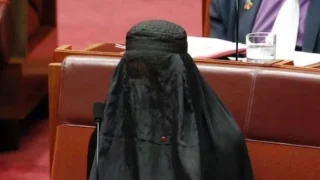
International research shows that students in schools that publish their results publicly perform better than students in schools that do not. It is time for Australian schools to be accountable too.
- The Australian government has announced its intention to make more information about schools available to the public. The education minister, Julia Gillard, has been impressed with the model of school performance reporting recently introduced in New York City and is touting it as a possible model for Australia to adopt.
- In the New York City system, the Department of Education gives all schools an annual report card with information and statistics on a range of measures, including academic performance. Each school is compared to all schools in the city and to a group of ‘like schools’ with similar demographic characteristics.
- The most contentious aspect of the school report cards is the awarding of an overall letter grade of A, B, C, D or F to each school. Schools that persistently receive failing grades face strong sanctions, including closure. Initial research indicates that schools given F and D grades improved their performance substantially in the following year.
- A similar scheme in Florida, the A+ Accountability Plan, has had great success. Studies have found that schools receiving F grades made bigger improvements in scores than other schools in subsequent years. Since report cards were introduced in 1999, Florida’s test score gains have by far exceeded the national average, and the biggest gains were for minority groups.
- A key aspect of the Florida system is that it combines accountability with parental choice. Students in failing schools are given the option to attend a better-performing school.
- The incentives component of any school reporting model must be carefully considered. Rather than state sanctions, the best approach is a combination of top-down and bottom-up accountability, which involves the government setting standards and parents and the public apportioning the consequences for failing to meet or exceeding standards. Parental choice is the major component of this.
- Critics of school performance reporting often raise the spectre of league tables, and the potential for low-performing schools and their students to be stigmatised. This argument really says that students in low-performing schools will be fine as long as no one knows they are not getting a good education. League tables do not make or break the case for publishing good information about schools.
- There are various factors that influence test results that are beyond the control of schools. But there are ways to provide information that is sensitive to schools’ varying circumstances.
- Australia is in an enviable position. It can learn from the mistakes other countries have made and create a school reporting system that is as fair and meaningful as possible.
Jennifer Buckingham is a Research Fellow at The Centre for Independent Studies.











